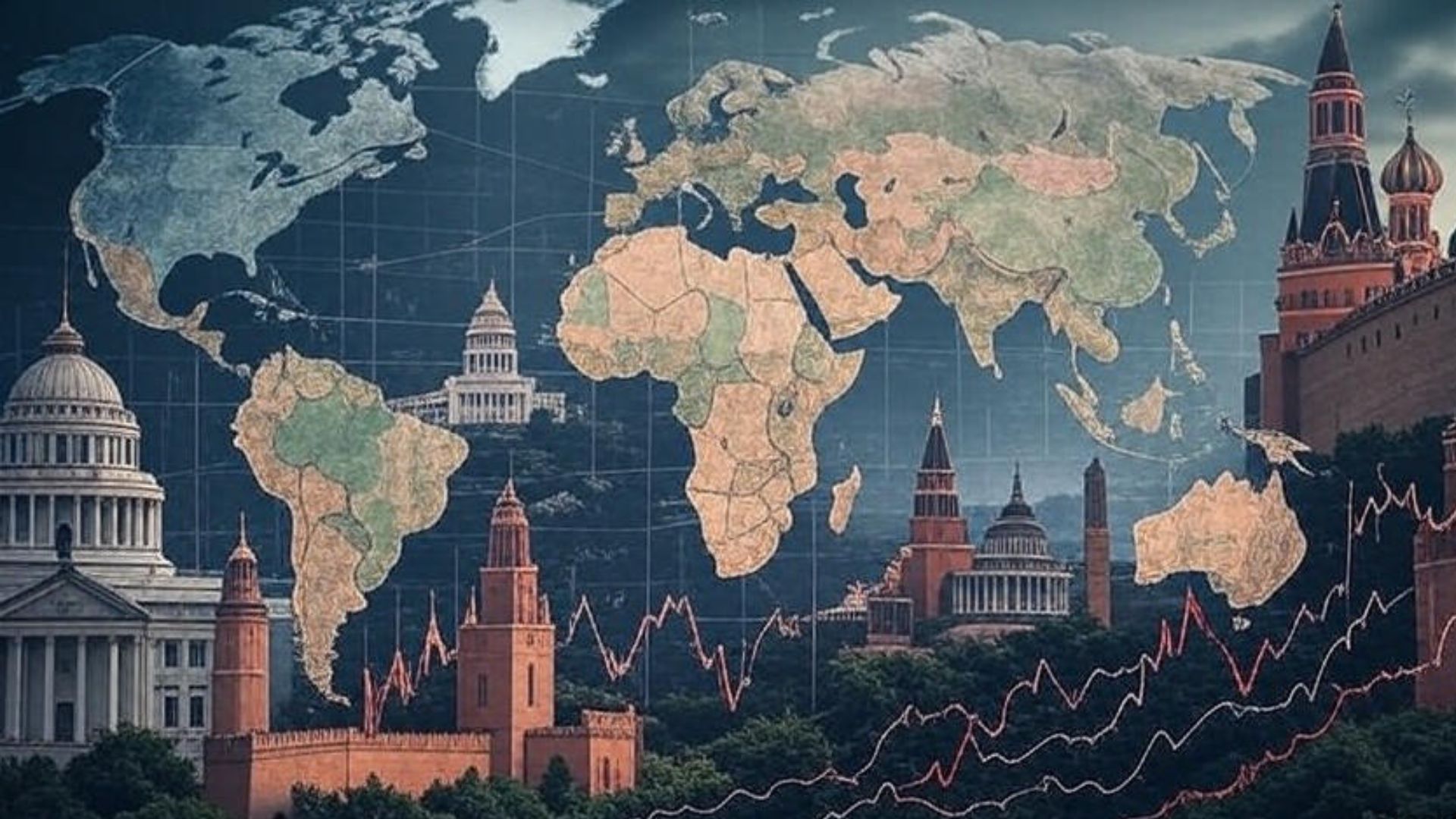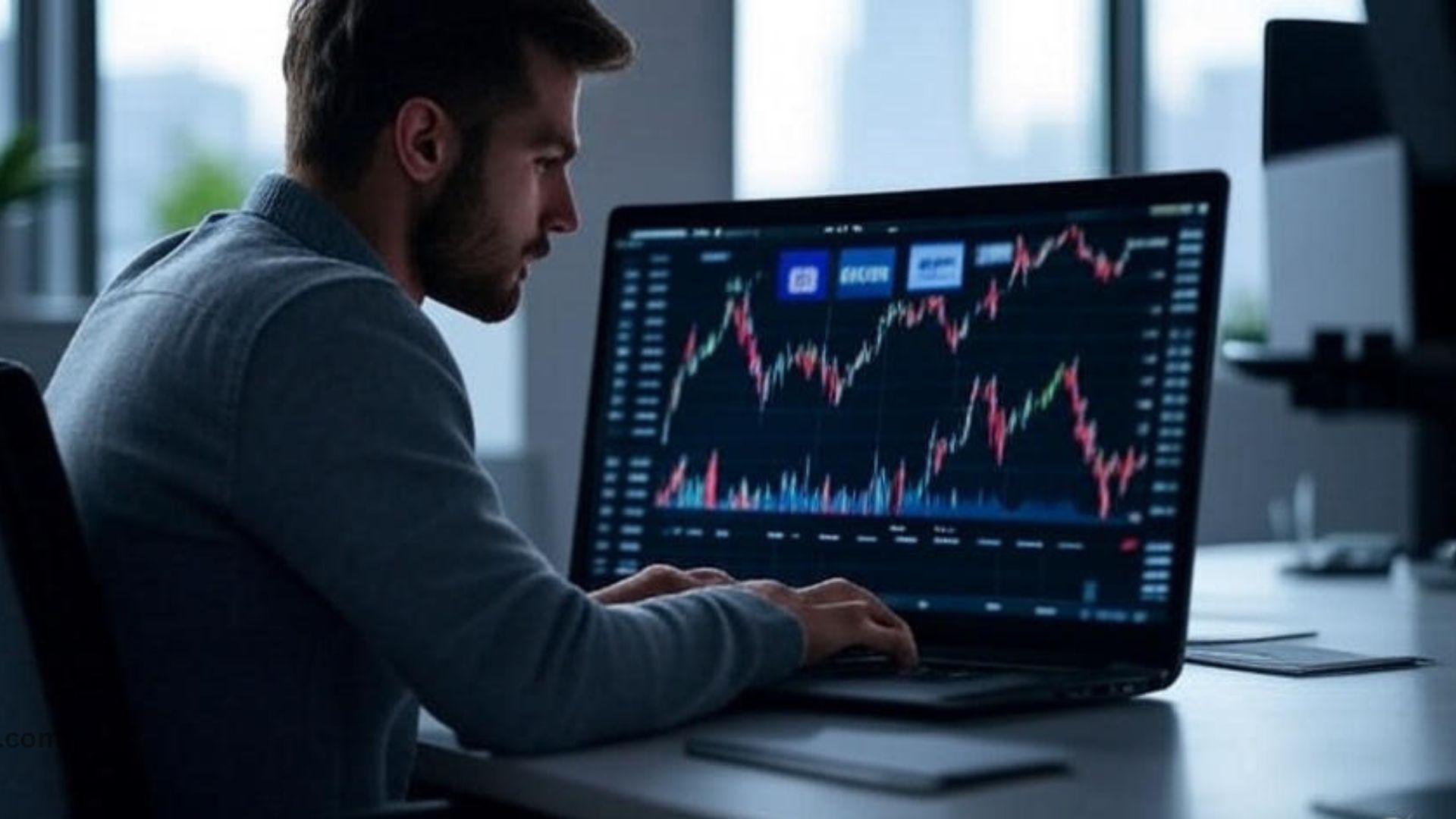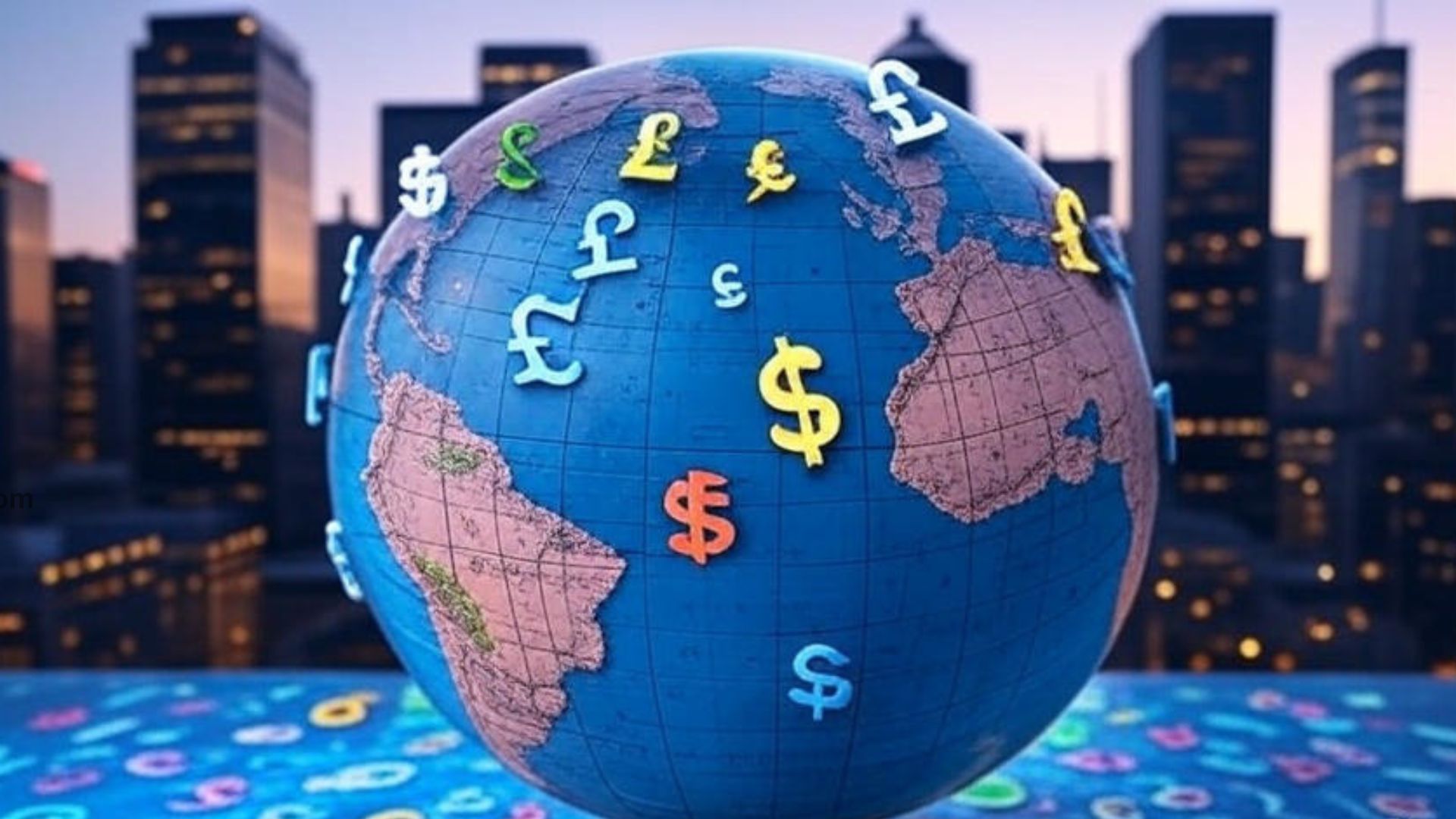How do Geopolitical Events Influence Global Markets?
In today’s connected world, what happens in one country can quickly affect the entire global economy. Geopolitical events—like political changes, trade wars, sanctions, or border conflicts—don’t just cause temporary disruptions. They can shake up stock markets worldwide, creating both risks and new opportunities for investors and businesses. That’s why understanding these global events is so important. If businesses want to succeed long-term, they need to know how these shifts influence investor confidence, market stability, and overall economic growth.
How Geopolitical Events Shape Global Markets
Every political move leaves a mark on the markets. While each event is unique, there are three key ways to understand their impact:

1. Investor Sentiment: The Heartbeat of the Market
Investor confidence plays a major role in how markets react. When there’s uncertainty—like during major elections or international disputes—investors often pull their money out of riskier markets and look for safer options. This can slow down investment. But when countries reach trade deals or make strong economic decisions, confidence can return, helping the markets bounce back.
2. Market Volatility: Quick Ups and Downs
Markets can become unstable fast when unexpected events happen—like new sanctions or political unrest. Emerging markets usually feel this impact more because they’re more sensitive to outside shocks. However, these swings also create chances for savvy investors to spot deals, rebalance their portfolios, or invest in undervalued assets.
3. Sector Winners and Losers
Some industries struggle more than others during global tensions. For example, companies that depend heavily on international trade—like car manufacturers or tech firms—may face delays or extra costs due to tariffs and supply chain issues. On the flip side, sectors like defense, cybersecurity, and commodities often see a boost in uncertain times. Spotting these trends early can be a major advantage.
Also Read: What are the Top Dividend-Paying Stocks this Quarter?

Turning Uncertainty into Opportunity
Instead of just reacting to global events, smart businesses use geopolitical insights to their advantage. By staying flexible, being informed, and making smart decisions, companies can actually grow during uncertain times. Here’s how:

✅ Drive Growth by Adjusting Strategy
Understanding how global events influence customers helps companies rethink their plans. They might expand into stable regions, team up with local partners, adjust prices, or diversify investments across different markets. This kind of adaptability can lead to real growth—even during unstable periods.
✅ Build Stronger, More Resilient Operations
Companies should take a hard look at where they operate and how dependent they are on certain countries. Building stronger supply chains and having a more flexible workforce helps them handle sudden changes. Investing in tools like AI, data analysis, and scenario planning also makes it easier to prepare for potential risks.
Also Read: What is the Outlook for Emerging Markets in the Current Year?

Strategies for Handling Geopolitical Volatility
Navigating a fast-changing world takes more than quick fixes. Businesses need clear strategies that help them stay strong over time. Here are a few key steps:

📌 Make Geopolitics Part of the Business Plan
Don’t treat political events as side issues. Companies that include global trends in their planning can spot risks early and take advantage of new openings in the market.
📌 Keep Assessing and Stay Agile
Market conditions can change fast. Businesses should regularly review their plans and not let short-term swings derail long-term goals. Staying informed, using data, and getting expert advice helps them respond smartly.
📌 Set Up a Geopolitical Team
Having a team that keeps track of political and market trends can be a game-changer. This group can help the business stay ahead of new rules, risks, and opportunities.
📌 Create a Crisis Playbook
When uncertainty strikes, being prepared matters. A crisis plan should include risk checks, backup strategies, and clear communication steps. This helps companies act quickly and confidently.
📌 Strengthen Global Operations
Businesses that work across multiple countries need plans tailored to each region. Staying compliant with local rules and having flexible systems helps them keep going strong—no matter what surprises come their way.




Post Comment